Egg donation is a process in which a woman donates her eggs to help someone else conceive. If you are considering becoming an egg donor, it is important to be aware of the possible fertility medications you may be prescribed once matched with an intended parent. However, it is crucial to note that every donor is unique and the type and amount of medications prescribed may vary depending on individual factors.
Most medications used in the egg donation process are synthetic versions of hormones that are naturally produced by the female body. By administering synthetic versions of these hormones, doctors can stimulate the ovaries to produce multiple eggs and better control the timing of ovulation. These medications are carefully prescribed and monitored to ensure that the egg donor’s body responds properly to the medications and to prevent any adverse effects.
Reproductive endocrinologists rely on baseline ultrasounds (to assess size/amount of follicles) and lab work (hormone levels) to determine the appropriate dosage and type of medications or hormones required for each donor. Below is a list of common medications that egg donors may encounter, but keep in mind that most donors will not need to take all of these medications as the prescriptions will be tailored to their specific needs.
1. Birth Control Pills
Before starting the egg donation process, your doctor may prescribe birth control pills to regulate your menstrual cycle. This can help your doctor better control the timing of your ovulation and help coordinate the egg retrieval procedure by planning the calendar out 2-3 weeks in advance, giving you ample time to make arrangements with work/family for monitoring appointment/travel. Birth control pills can also help suppress any cysts that may interfere with the egg donation process.
2. Follicle-Stimulating Hormone (FSH)
Follicle-stimulating hormone (FSH) is a hormone that stimulates the growth of follicles in the ovaries. In egg donation, FSH injections are typically given to the donor for around 10 to 12 days to stimulate the ovaries to produce multiple eggs. The dosage and timing of FSH injections will be closely monitored by your doctor through blood tests and ultrasounds to prevent overstimulation of the ovaries.
3. Luteinizing Hormone (LH)
Luteinizing hormone (LH) is a hormone that triggers ovulation, along with helping to mature the eggs throughout the cycle. In egg donation, LH injections are typically given to the donor to help trigger the release of mature eggs. The timing of the LH injection is critical as it needs to be given at the right time to ensure the eggs are ready for retrieval.
4. Human Chorionic Gonadotropin (hCG)
Human chorionic gonadotropin (hCG) is a hormone that is structurally similar to LH and is used to trigger ovulation in egg donation. hCG is typically given to the donor 34-36 hours before the egg retrieval procedure. It helps ensure that the eggs are mature and ready to be retrieved.
5. Gonadotropin-Releasing Hormone (GnRH) Agonists
Gonadotropin-releasing hormone (GnRH) agonists are medications that temporarily shut down the pituitary gland’s production of FSH and LH. This helps prevent premature ovulation and allows the doctor to better control the timing of ovulation. GnRH agonists may be given to egg donors for several days before starting FSH injections.
6. Gonadotropin-Releasing Hormone (GnRH) Antagonists
Gonadotropin-releasing hormone (GnRH) antagonists are medications that block the production of FSH and, an LH surge. They are typically used in the egg donation process to prevent premature ovulation and to help prevent overstimulation of the ovaries. GnRH antagonists are typically given to egg donors for several days before the egg retrieval to ensure there is no premature ovulation.
7. Leuprolide Acetate (Lupron)
Lupron, also known as leuprolide acetate, is another medication that is sometimes used in the egg donation process. Lupron is a GnRH agonist that is given to egg donors to suppress ovulation and prevent premature ovulation during the egg donation cycle. It is typically given to the donor for several days before starting FSH injections. Lupron can also help prevent ovarian hyperstimulation syndrome (OHSS), a potential complication of fertility treatments where the ovaries become swollen and painful. Your doctor will determine if Lupron is necessary for your egg donation cycle and will provide instructions on how to take the medication.
If you are considering egg donation, it is important to understand the fertility medications you may need to take. These medications help stimulate the ovaries to produce multiple eggs, trigger ovulation, and prevent premature ovulation. Your doctor will work with you to determine the best medications and dosages to ensure a successful egg donation process. It is important to follow your doctor’s instructions carefully and attend all appointments to ensure a safe and successful egg donation process. To learn more about becoming an egg donor please contact us at info@elevatebaby.com

